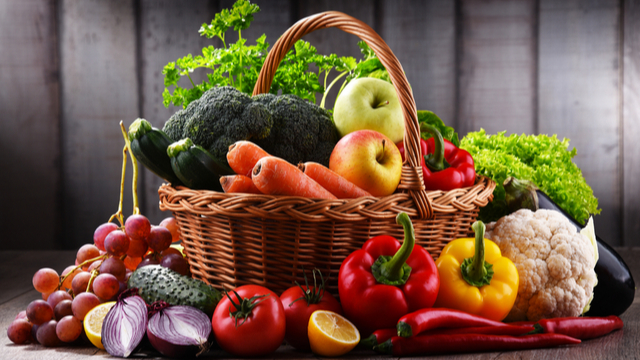At the start of the year I reflected on some positive differences our industry could make in our strive to be more sustainable in the future. One of these was what type of food we eat. Although we are not able to gather personally at the moment to enjoy the luxury of dining on something prepared professionally to tickle our taste buds, hopefully it is something to look forward too when we are allowed to dine out again.
However, the planning of menus and introduction of a greater number of organic and plant-based dishes can be underway now. As an industry we have to inspire the young, old and all in between to try ingredients that might be a bit out of their comfort zone. This is happening already in many places including supermarkets, fast food chains and restaurants.
Veganuary has grown in popularity from 250,000 people signing up in 2019 to an anticipated 500,000 this January according to the Vegan Society. This is a positive sign, as EAT – Lancet Commission on Food and Planet suggested a substantial move must be made by 2050 – ‘Global consumption of fruits, vegetables, nuts and legumes will have to double and the consumption of foods such as red meat and sugar will have to be reduced by more than 50%’ if we are to decrease the carbon emissions and help to minimise the climate emergency.
How we achieve this can be in a number of different ways. We can produce plant based meat, developed from animal and fish cells in the nutrient bath of a ‘bioreactor’. This is underway already. Overcoming the customers perceptions of this maybe one of the hurdles, however, marketing the flavours, textures and aroma of these new products might overcome any reservations.
According to a report in 2016 on food and climate in the academic journal, Proceedings of National Academy of Sciences (PNAS), if we all were to go vegan, the world’s food related emissions would drop by 70% by 2050. The UN states that 14.5% of greenhouse gases are as a result of meat and dairy consumption. Professor Pete Smith of the University of Aberdeen suggests we can get most of the protein we need from plant-based foods, as we over eat protein and could just eat half the amount we do now. If we did this then the emission levels would reduce and both us and the planet would be far healthier.
Finally when considering the options above, eat alternatives , eat more planted -based ingredients and eat less meat and dairy we also need to think about what fruit and vegetables we grow and consume. Some produce does result in the consumption of vast amounts of water and result in substantial deforestation. For example avocados, palm oil and soya beans. So it is important these are grown responsibly and sustainably. To reduce transportation and packaging eating seasonably and growing organically and locally is vital.
It is a challenge but we can all play our part.
